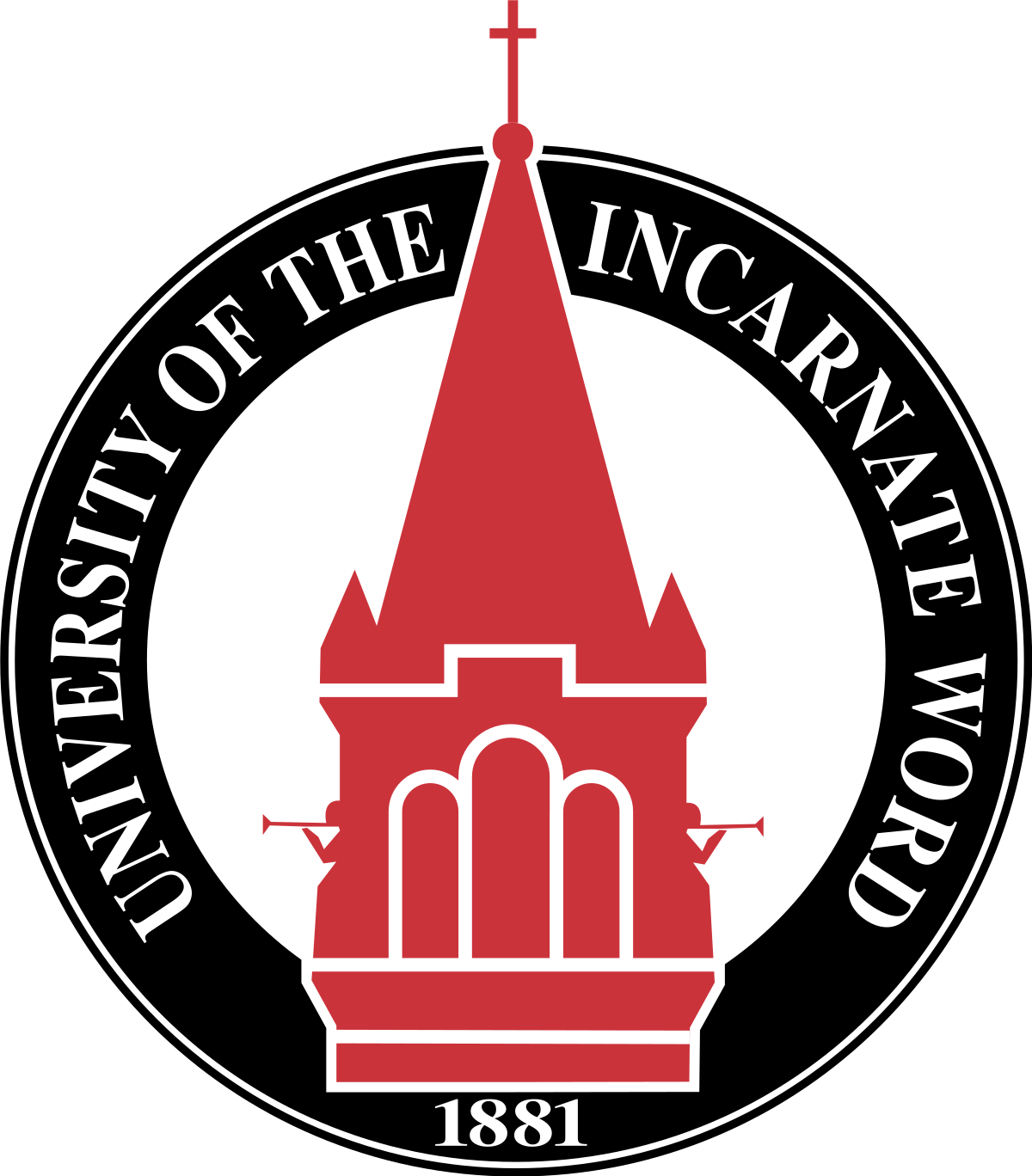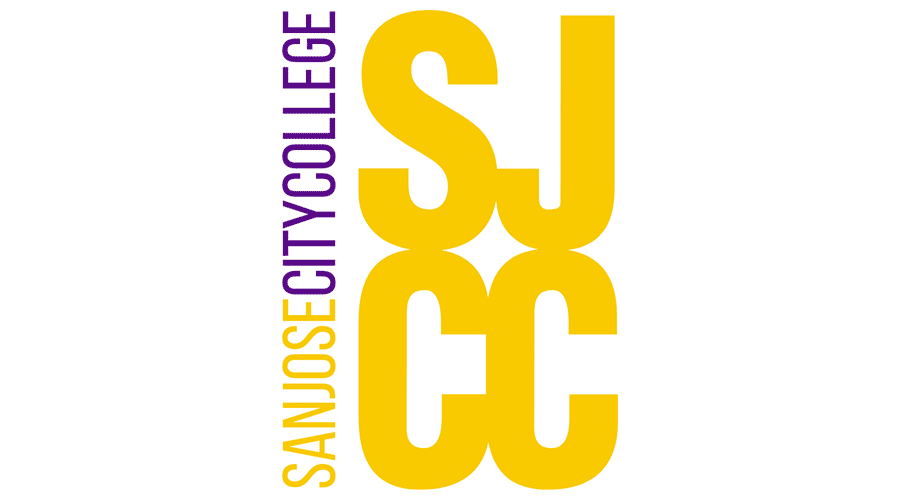The Truth About Working Part-time While ������Ƶing In Canada
Tuition fee, cost of living, and other expenses - Is having a part-time job as an international student really enough to live and study in Canada?
Canada, having some of the most affordable colleges and universities, has gained its popularity among international students worldwide. With the high-quality education these institutions offer, the credentials that propel the students’ careers after graduation, and the immigration pathways the country offers its international students, Canada has become one of the favorite destinations for studying abroad.
Despite being relatively affordable compared to its western competitors, Canada’s cost of living and the tuition fees could still come off as expensive to some students. Some international students planning to study in Canada are worried if they have enough money in the bank to support their stay as students. The good thing with studying in Canada is that compared to other countries, international students are allowed to work part-time for 20 hours during their academic terms and are allowed to work more than 20 hours during their scheduled breaks. To know more tips on where and how to find these part-time jobs, check our article "Get better at earning Canadian experience - Top secrets for students”.
So, let’s say that you got lucky and landed a part-time job immediately. Does that mean that all your expenses are covered? Let’s do the math and find out.

Location and Minimum Wage
The minimum wage in Canada varies depending on which province you are residing. In , where Vancouver is located and is known to be one of the most expensive cities to live in, the minimum wage is $15.20. However, in , the minimum wage is $12.95. This shows that the cities or provinces with higher costs of living have higher minimum wages.
Monthly Salary in British Columbia: 20 * $15.20 * 4 = $1,216 (# of allowed working hours x minimum wage x 4 weeks in a month) (Gross Salary in BC) Monthly Salary in Nova Scotia: 20 * $12.95 * 4 = $1,036 (# of allowed working hours x minimum wage x 4 weeks in a month) (Gross Salary in NS)
Since there are four months in one regular academic term, that would mean that you will be able to make $4,864 per term in British Columbia and $4,144 per term in Nova Scotia. With some programs’ tuition fees starting from $7,000 per year (or two terms), these numbers would show you how much money or funding you need to prepare to cover your tuition cost. Note though that the cost of living is still not accounted for in this scenario.
Strategize and Plan Ahead
Aside from saving up for your tuition fee and other expenses, planning can give you foresight on how to manage your costs. Research your scheduled breaks by consulting your school and find out when you can work for more than 20 hours. Also, be keen on finding in-campus jobs.
Stick to Your Budget
Learning how to manage your finances is a critical survival skill for an international student. Being in a beautiful country can be overwhelming. You may want to travel and explore scenic places and experience different tourist attractions. Exploring Canada is part of the international student experience. However, you need to know your priorities and be smart in your spending. This needs to be planned, budgeted, and moderated.
Being an international student is an exciting and fulfilling experience. It can be costly but can definitely be rewarding. To those who plan to support themselves financially in this journey, always remember to stick to your plan, keep your eyes on the prize, and keep pushing forward.




















Comments (0)